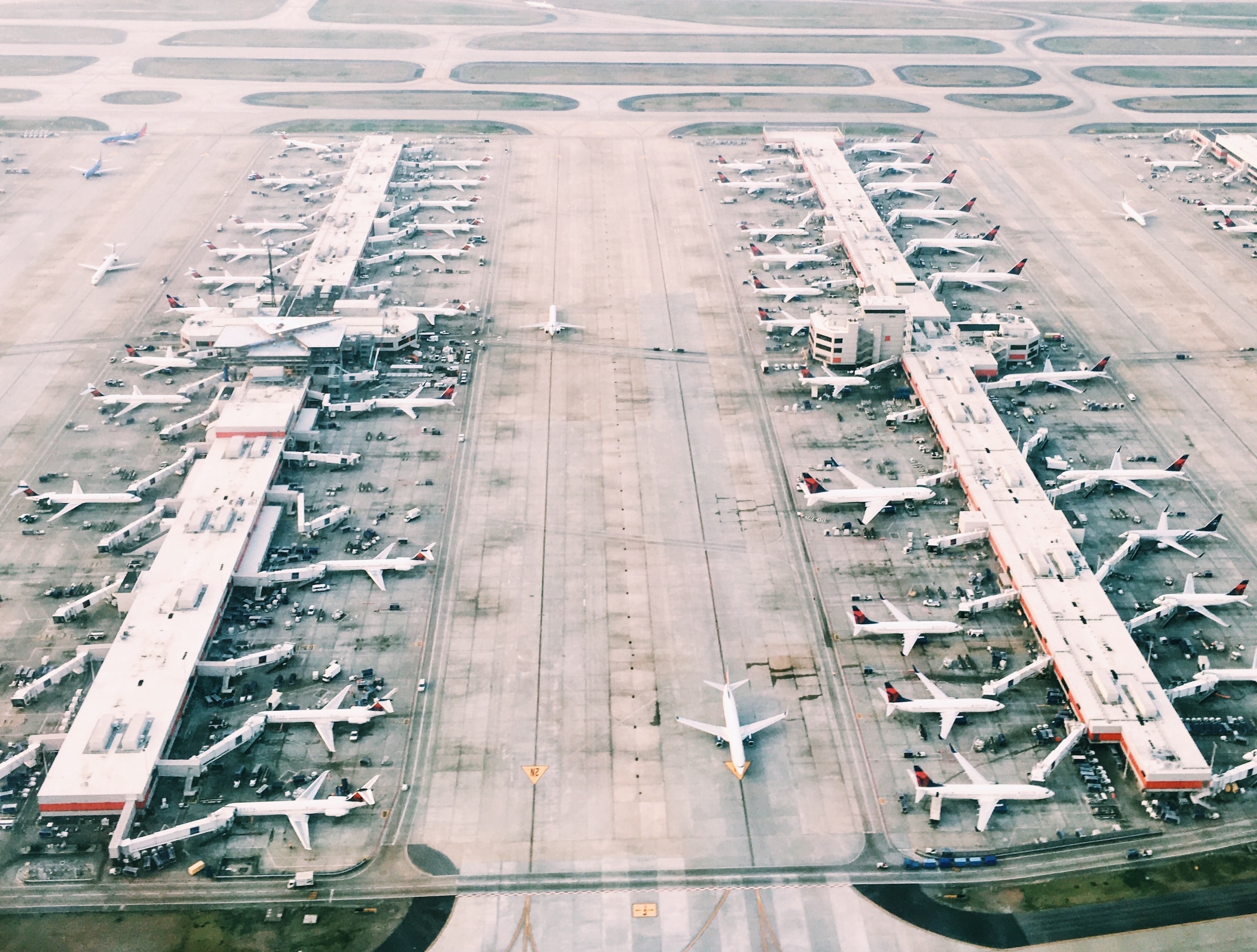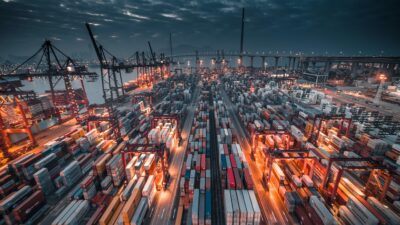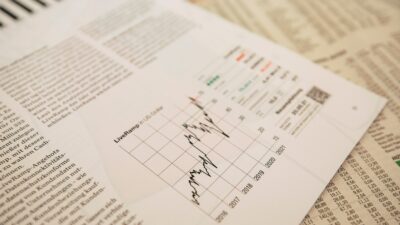
Will there be a shake-up in global supply chains after COVID-19?
One of the most profound early impacts of COVID-19 was the disruption in global supply chains.
COVID-19 has disrupted many aspects of business: it stands to reason governance and accounting arrangements will also need to change to be fit for purpose in our new economic operating environment.
And not just the way firms manage, and account for, their operations – also requiring deep revision are the neoliberal globalisation policies that underpin accounting-based rhetorics and technologies that saw the transfer of manufacturing production from the Global North to the Global South.
Neoliberal acolytes have reduced tariff protection and subsidies, rolled back social security, and promoted large-scale foreign direct investment. Their promise to consumers in the Global North was to supply ever-cheaper imported goods. At the same time, Southern workers were offered economic security through inclusion into the world market.
When the pandemic struck one of its most profound early impacts was the disruption in global supply chains and consequently the international supply of goods.
In truth global neoliberalism was already under heavy attack from growing nationalist populism. According to Palley (2019), neoliberal globalisation now confronts severe challenges from “above” and “below”. From below, it is being confronted by the anger and resentment of working-class voters in developed economies, and from above by increasing hostility between the world’s two largest economies, China and the United States.
There are three possible ways this may playout: (1) the resumption of the pre-COVID-19 status quo; (2) the shortening of supply chains resulting in greater regionalisation and (3) the re-emergence of onshoring in the Global North whereby supply chains either in part or in toto are taken back within national borders.
Decades of optimisation have enabled businesses to whittle down unit costs across the supply chain. The pandemic is likely to fuel a growing shift towards national manufacturing sovereignty. Assumptions about supply chain management and appropriate supply chain accounting have been shifted by the pandemic. More thorough-going risk management techniques, great supply chain transparency and more advanced measures of supply chain resilience will be important enduring outcomes of the pandemic.
The outbreak dramatically exposed supply chain vulnerabilities created by the consolidation of substantial tracts of manufacturing in China and Southeast Asia. As the pandemic spread, this vulnerability ricocheted across the world impacting production and consequentially the international supply of goods.
Neoliberal globalisation policies, facilitated by certain accounting rhetorics and technologies, have acted to significantly transfer manufacturing production from the Global North to the Global South. Neoliberal acolytes have sought to reduce tariff protection and subsidies, to roll back social security, and promote large-scale foreign direct investment. Their promise to consumers in the Global North was to supply ever-cheaper imported goods. At the same time, Southern workers were offered economic security through inclusion into the world market.
The car manufacturing industry in Australia is a good example of the way that neoliberal policies, specifically the removal of tariffs and government support, acted to close factories at a time when policies in China and south-east Asia were making production increasingly attractive. Accounting policies prioritising low unit cost along with reductions in inventory and labour flexibility have been key drivers in this process.
The COVID-19 crisis comes at a time where global neoliberalism is already under attack from growing nationalist populism. According to Palley (2019), neoliberal globalisation now confronts severe challenges from “above” and “below”. From below, it is being confronted by the anger and resentment of working-class voters in developed economies, manifesting as right-wing populism and nation-first politics. From above, it is being challenged by increasing hostility between the world’s two largest economies, China and the United States.
There are three possible ways that this may play out over time: (1) the resumption of the pre-COVID-19 status quo; (2) the shortening of supply chains resulting in greater regionalisation and (3) the re-emergence of onshoring in the Global North whereby supply chains either in part or in toto are taken back within national borders. While decades of optimisation have enabled businesses to whittle down unit costs across the supply chain, the pandemic is likely to fuel a growing shift towards national manufacturing sovereignty but how wide these localising tendencies run remains to be seen. For now, signals of post-COVID-19 intent are universally localising. More broadly, assumptions about supply chain management and appropriate supply chain accounting have been shifted by the pandemic. More thorough-going risk management techniques, great supply chain transparency and more advanced measures of supply chain resilience will be important outcomes of the pandemic.
Even before the outbreak of COVID-19, neoliberal globalisation was exhibiting signs of ill health. The pandemic has accelerated trends already in motion, including US–China tension, the politicisation of the free movement of people, goods and capital across borders and growing advocacy of self-reliance. Many of the key drivers of globalisation – shipping, capital flows, our understanding of comparative advantage and economies of scale – will not disappear into a vacuum. But driven by a combination of changes in government policies, nativist sentiment and corporate crisis management planning, it’s likely neoliberal globalisation will be transformed.
This is part of a series of insights related to Coronavirus (COVID-19) and its impact on business.
Clinton Free is a Professor and Academic Director, Executive Education at the University of Sydney Business School. He is the Program Director for the Global Executive MBA.
Share
We believe in open and honest access to knowledge. We use a Creative Commons Attribution NoDerivatives licence for our articles and podcasts, so you can republish them for free, online or in print.







